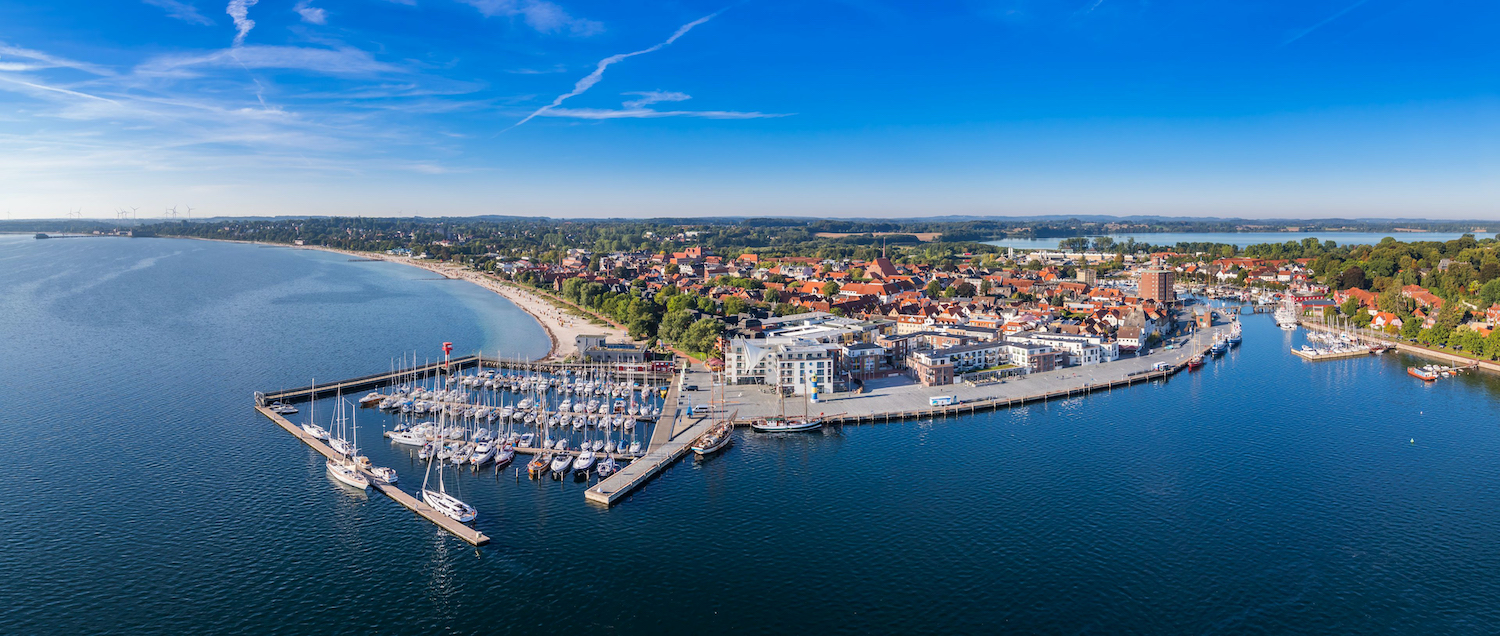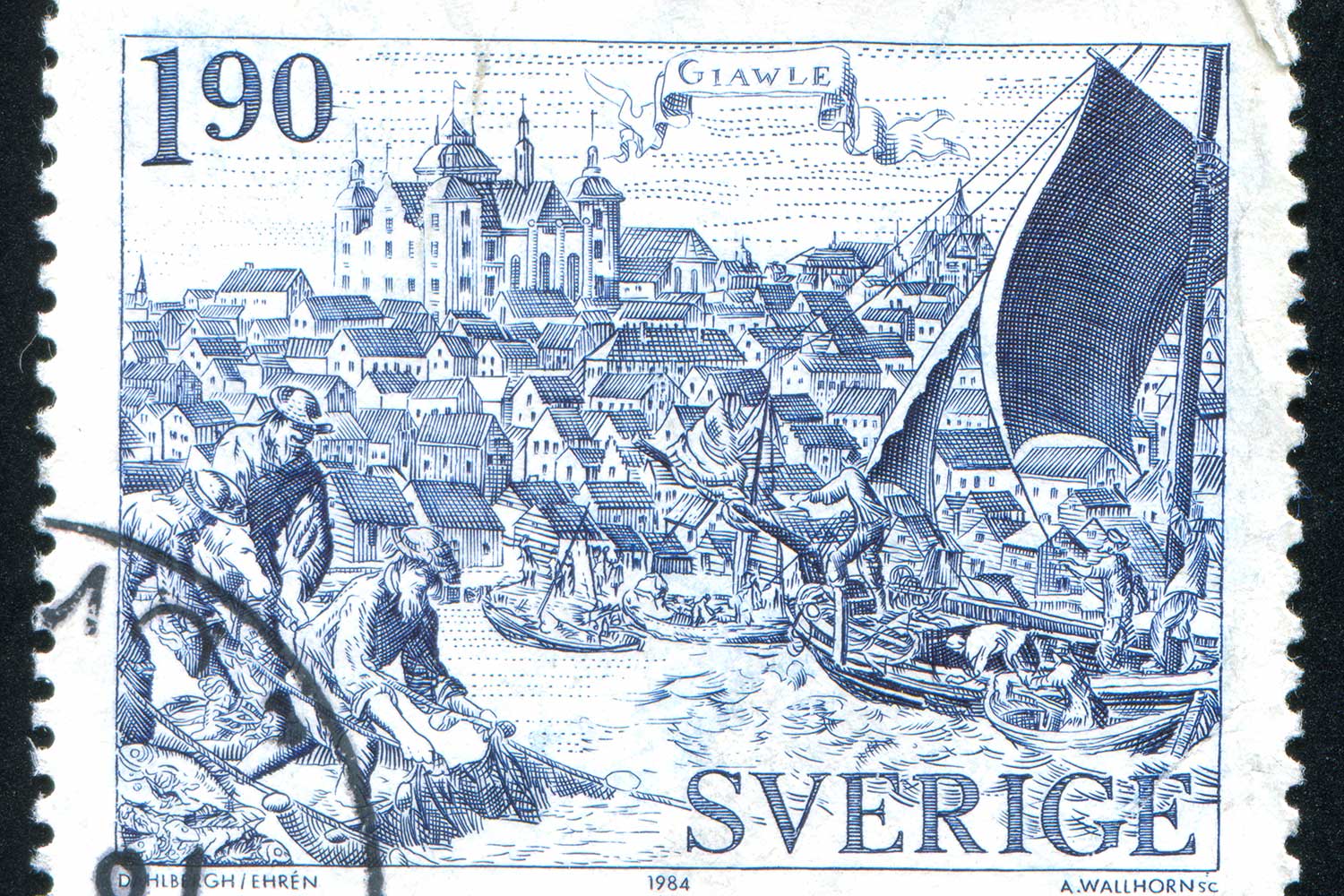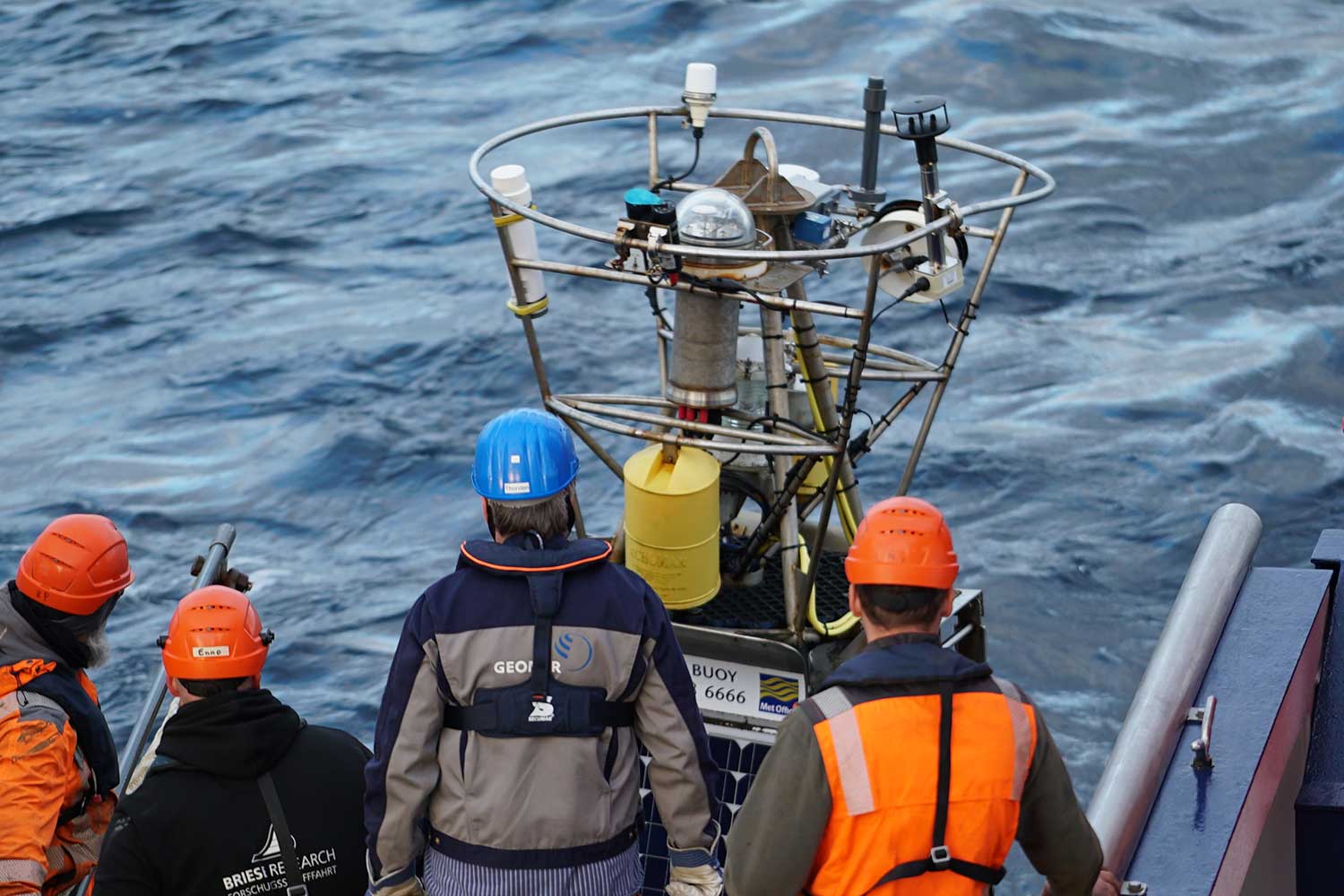This is due to excessive nutrient input from agriculture, the use of the waters by fishing, tourism and shipping, and other impairments. In the project "Eckernförder Bucht 2030" under the leadership of Kiel University (CAU), implementable measures are now to be developed, which will be jointly supported by partners from science, the state administration and interest groups from the region. The aim is to improve the ecological situation in Eckernförde Bay in the long term so that environmental requirements can be met. The pilot project, which will initially last one year, is funded by the German Federal Environmental Foundation (DBU) and started on April 1, 2021.
"Our goal is to build a network that truly involves all users of the Eckernförde Baltic Sea region. For us, counteracting interests, for example between farmers and conservationists, are just as relevant as research gaps or the tourism strategy. What is important is the dialogue among stakeholders and the will to develop the region in a way that marine conservation and use can be reconciled as much as possible," says Dr. Christian Wagner-Ahlfs, who is responsible for the stakeholder dialogue at the Center for Ocean and Society (CeOS) of the Kiel Marine Science (KMS) primary research focus at Kiel University. "After one year, we want to be able to present a concept that identifies clear questions for a research-oriented and practical implementation strategy," Wagner-Ahlfs continued. "Once successful, the 'Eckernförder Bucht 2030' project could serve as a blueprint for comparable coastal areas in the Baltic Sea region."
In this context, Eckernförde Bay serves as a living lab for the 11 project partners, an approach established in sustainability research for a spatially and temporally limited experimental space in which all stakeholders work together on solution approaches and, if possible, implement them. The conditions in Eckernförde are ideal for this: there are designated nature reserves, heavy tourist use of the coasts and the sea through water sports or camping, and a large number of adjacent land areas through which a high nutrient input enters the sea. In addition, coastal fishing and the military also claim the Baltic Sea in the Eckernförde Bay. At the same time, there are numerous research projects by various working groups at Kiel University (including at the Lindhof experimental farm - living lab Agriculture) as well as by project partners such as GEOMAR Helmholtz Centre for Ocean Research Kiel, which will focus on algae cultures for the local management of coastal ecosystems in the new project.
One example of the new direction in the "Eckernförde 2030" project is the concept for more sustainable field management. As previously mentioned, the largest source of nutrients such as phosphorus and nitrogen in the sea is agriculture. Here, a catalogue of measures for reduction is to be developed and new concepts such as the use of nutrients from marine biomass through driftwood or cultivated algae are also to be tested. Further objectives are studies of marine habitats. This involves taking stock of the existing species and the structure of the seabed, as well as examining the extent to which coastal protection measures can also contribute to improving the ecological situation.
The aim of the "Eckernförder Bucht 2030" project is to contribute, among other things, to the protection of biodiversity, the improvement of water quality and thus to the achievement of the objectives of the Marine Strategy Framework Directive and the Baltic Sea Action Plan of the intergovernmental Baltic Sea Protection Cooperation HELCOM. Until June 30, 2021, the state of Schleswig-Holstein, which is involved in the project with employees from the Ministry of the Environment (MELUND) and the Schleswig-Holstein State Agency for Agriculture, Environment and Rural Areas (LLUR), has assumed the vice chairmanship of HELCOM and is also committed to the topics of biodiversity and eutrophication.
Besides Kiel University (CAU) with the Center for Ocean and Society, the Institute of Geography, the Institute of Geosciences and the Institute of Crop Science and Plant Breeding, the GEOMAR Helmholtz Center for Ocean Research Kiel, the Fraunhofer Institute for Computer Graphics Research in Rostock, the environmental consultancy BIOCONSULT Schuchardt & Scholle GbR , Coastal Research and Management GbR (CRM), the State Office for Agriculture, Environment and Rural Areas Schleswig-Holstein (LLUR) and the Ministry for Energy Transition, Agriculture, Environment, Nature and Digitization of the State of Schleswig-Holstein (MELUND) are involved.
About Kiel Marine Science (KMS)
Kiel Marine Science (KMS), the Center for Interdisciplinary Marine Science at CAU is dedicated to the interdisciplinary study of the oceans at the interface of humans and the ocean. In doing so, researchers combine their expertise from a variety of natural and social science disciplines to investigate the risks and opportunities that the ocean holds for humans and educate the next generation across disciplines. Together with stakeholders outside science, they work globally and transdisciplinarily to find solutions for sustainable use and protection of the ocean.
Links
https://www.kms.uni-kiel.de/en Kiel Marine Science
Contact
Scientific Contact
Dr. Christian Wagner-Ahlfs
Center for Ocean and Society
0151/5909 7380
cwagnerahlfs@kms.uni-kiel.de
Press Contact
Friederike Balzereit
Science Communication | Public Relations | Kiel Marine Sciences (KMS) | Future Ocean Network
0431/880-3032
fbalzereit@uv.uni-kiel.de
…



